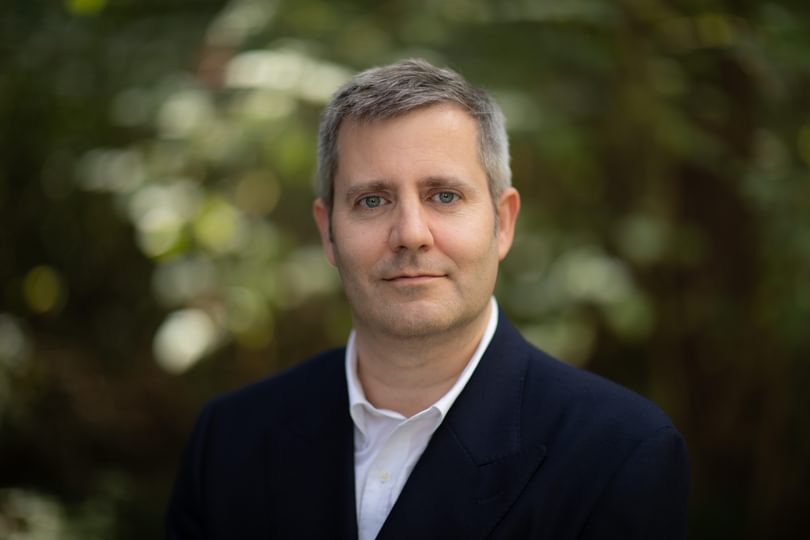
This new, independent global science organisation is Co-founded and Chaired by Professor Philip Howard, Director of the Oxford Martin Programme on Misinformation, Science and Media. It is committed to providing actionable scientific knowledge about threats to the world’s information environment.
The International Panel on the Information Environment (IPIE), brings together an unprecedented consortium of researchers as a global scientific effort to analyze systems of information manipulation and bias, provide neutral assessments on the condition of the global information environment and evaluate the best policy solutions for addressing threats to it.
IPIE was conceived at the Nobel Prize Summit 2021 and is launching this week at the Nobel Prize Summit 2023 – Truth, Trust and Hope, with presentations from co-founders Dr Sheldon Himelfarb and Professor Philip Howard as well as four other IPIE leaders
from around the world.
Professor Howard, Professor of Internet Studies at the University of Oxford and Director of the Oxford Martin Programme on Misinformation, Science and Media, said, "Throughout our presentations at the Nobel Summit, we will explain how pushing the boundaries of applied and basic science can help us overcome the problems that arise from the complex information systems that manage our social and personal lives. We will highlight examples of how good science is already uncovering ways to raise digital literacy, design more ethical AI systems, and set the standards for a healthy global information environment.”
IPIE’s talks at Nobel Prize Summit 2023 include:
- A FRAMEWORK FOR THE FUTURE – Led by Howard and Himelfarb, this discussion will dive into how we can respond to the crises of algorithmic manipulation, bias and misinformation and introduce IPIE for the very first time.
- COLLABORATION AMIDST COMPLEXITY – Himelfarb, Tawakkol Karman, Nobel Peace Prize laureate 2011; John Momoh, CEO of Nigeria Channels TV; Sanjiv Ahuja, chairman and founder Tillman Global Holdings and Melissa Fleming, Under-Secretary-General for Global Communications, United Nations will discuss how to achieve a global information environment that promotes human progress rather than impeding it will require collaboration across disciplines, languages and political cultures.
- PROJECT HOPE – Howard, Wendy Hui Kyong Chun, Ph.D. – Vice Chair, IPIE Scientific Panel (Canada), Sebastián Valenzuela, Ph.D. – Chair, IPIE Scientific Panel (Chile) and Young Mie Kim, Ph.D. – Vice Chair, IPIE Methodology Panel (South Korea / USA) will provide a deep dive into exciting new research findings that the IPIE’s Consulting Scientists have produced. The findings showcase how we can use technology design and public policy oversight, together, to build a healthier information environment. Danaë Metaxa, Ph.D. and Safiya Noble, Ph.D. will join this breakout session as discussants.
“The multifaceted crises we face, as a result of the massive manipulation of the world’s information environment, is a global problem that is costing billions of dollars and millions of lives as it exacerbates existing social problems, degrades public life, cripples humanitarian initiatives and prevents progress on other serious threats,” said IPIE co-founder and executive director of the IPIE Secretariat Dr. Sheldon Himelfarb.
“The promising news is, grounded in science, our ongoing work is dedicated to equipping those responsible for driving global change with the actionable knowledge needed to counteract the global and existential threat posed by the widespread manipulation of our world’s information environment.”
Vidar Helgesen, Executive Director of the Nobel Foundation, said, “We know that misinformation and disinformation are undermining public trust in science, scientists, and the institutions they serve. It is important to shed light on that issue and not least to look at how we can combat it and how we can build on what works in terms of trust and truth. IPIE is one of the initiatives taking a research-based approach to this challenge, and we are delighted that they are launching their initiative at the Nobel Prize Summit.”